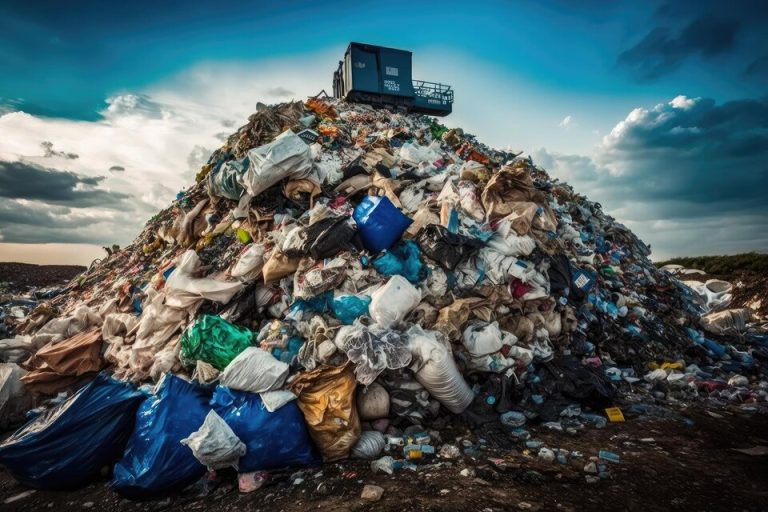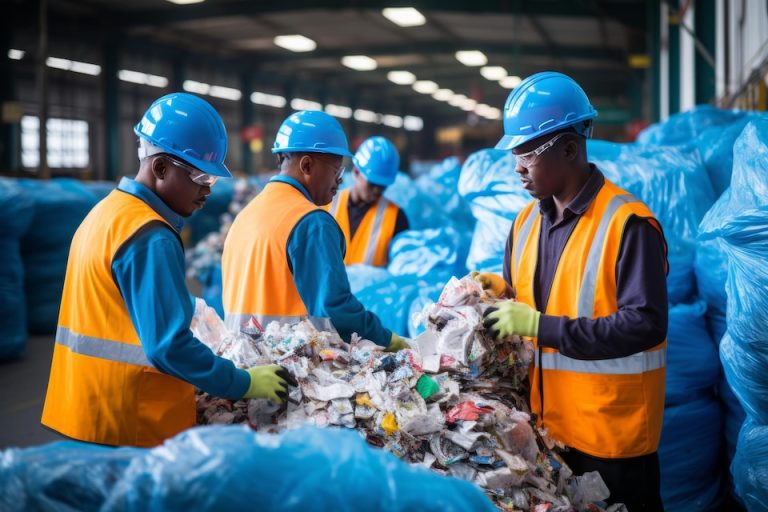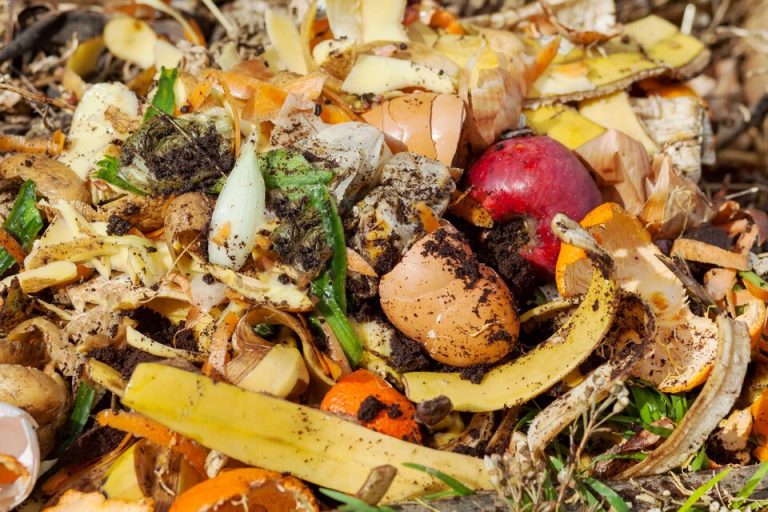Waste reduction is the cornerstone of a sustainable waste management approach. By minimizing waste generation at the source, we can significantly reduce the overall amount of waste that needs to be collected, transported, and disposed of. This not only minimizes environmental and health impacts but also conserves resources, saves money, and promotes a more circular economy.
Key Strategies for Waste Reduction
- Reduce Packaging: Choose products with minimal or recyclable packaging. Opt for reusable shopping bags, containers, and utensils instead of disposable ones.
- Embrace Reusable Items: Replace disposable items with reusable alternatives, such as cloth napkins, handkerchiefs, and water bottles.
- Repair and Reuse: Extend the lifespan of products by repairing them instead of discarding them. Reuse items for new purposes, such as repurposing old jars for storage or crafting.
- Compost Food Scraps: Divert organic waste from landfills by composting it at home or using community composting facilities. Compost can be used as a nutrient-rich fertilizer for gardens and landscaping.
- Plan and Purchase Wisely: Avoid impulse purchases and plan your shopping trips to minimize unnecessary items. Buy only what you need and in quantities that you can use before they expire or spoil.
- Educate and Engage: Spread awareness about waste reduction practices among family, friends, and community members. Encourage others to adopt sustainable habits and participate in waste reduction initiatives.
Examples of Waste Reduction Initiatives
- Zero Waste Challenges: Encourage individuals or households to minimize their waste generation over a specific period, raising awareness and promoting behavioral change.
- Packaging Reduction Campaigns: Promote the use of reusable packaging and encourage businesses to reduce excess packaging on their products.
- Waste Audits: Conduct waste audits to identify areas where waste can be reduced, providing valuable insights for targeted interventions.
- Community Composting Programs: Establish community composting facilities or support home composting initiatives to divert organic waste from landfills.
- Sustainable Procurement Policies: Encourage businesses and institutions to adopt sustainable procurement policies, favoring products with minimal packaging and those made from recycled or renewable materials.
Conclusion
Waste reduction is a fundamental step towards a more sustainable future. By minimizing waste generation at the source, we can reduce our environmental footprint, conserve resources, and promote a more circular economy. Implementing effective waste reduction strategies requires conscious efforts from individuals, businesses, and governments. By working together, we can create a society where waste is minimized and resources are valued and reused.







